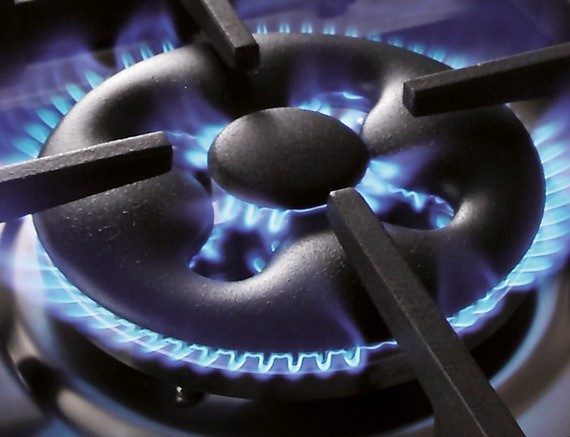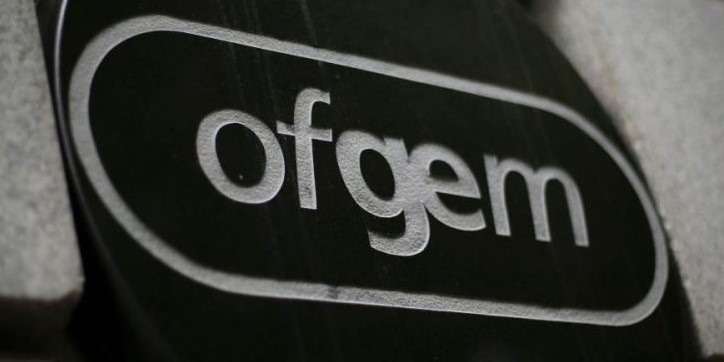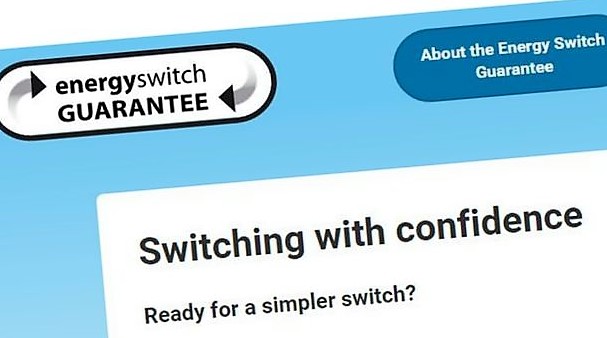A new report by The British Infrastructure Group has revealed that smart gas and electricity meters reduce customer bills by just £11 a month rather than the £26 that was previously predicted.
The study has found that the target to have 53 million smart meters installed in 30 million homes by 2020 and costing around £11bn will almost certainly be missed. The report states that a combination of technological, commercial, economic and regulatory problems as the reason for the delay and questions whether the smart meter program will deliver meaningful returns for gas and electricity consumers.
The smart meter programme is an important step in giving customers more control over how much energy they use by providing accurate and real-time information on their gas and electricity consumption but the study has found that some suppliers have been engaging in "scare tactics" to convince customers to have a smart meter installed in order to reach targets. Such tactics include telling customers that their energy bills would go up unless they agreed to have a meter, that their old meter was dangerous and the smart meter was compulsory as well as booking installations without a customer’s consent.
Smart meters are set to provide more accurate bills, end estimated billing, and allow customers to track their usage on a weekly basis. The aim is to help customers make more informed decisions to reduce energy bills and carbon emissions, but they do have certain drawbacks:
- The deadline to have smart meters installed in all households by 2020 will almost certainly be missed. It is predicted that only 22% of households will have them installed by the end of the year
- More than half of smart meters "go dumb" and lose their smart functionality after switching, meaning they stop sending usage data to the supplier
- Depending on where you live the smart meter may not work if mobile phone signals are not strong enough
The report states that the supply of the new generation of smart meters should be sped up and that government should plan for the roll-out to be completed by 2022.
How do smart meters work?
Smart meters work just like a traditional meter and measure the total energy used, but they also tell you when you have used it and how much it costs. Additionally, they have a communication capability that allows your usage data to be displayed on the device inside your home and read remotely by your energy supplier. The display also shows historical consumption so that you can compare past and current usage.
An in-home display (IHD) unit will be provided along with the smart meter as part of the programme and provides up-to-date real-time information on gas and electricity use in pounds and pence, as well as units of energy.
So, what are you waiting for?
- We save you more time and money than comparison sites and our free competitors. And what’s more, you’ll only be charged for our service if and when we get you a saving of £50 or more.
- Its quick to sign up, then hassle-free thereafter.
- Auto switching is for those who want to save money, but don’t have the time or patience to keep switching. If you want to save money hassle-free, auto switching may well be for you.




